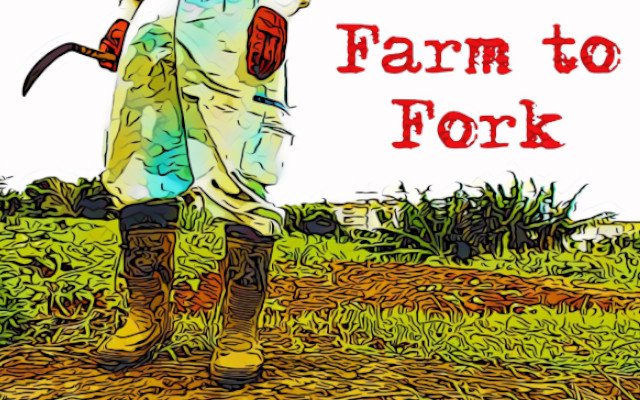Farm to Fork, a Transition to a More Healthy and Sustainable Diet?SCENARIOS AND POLICIES TOWARD THE NEW EUROPEAN SUSTAINABLITY FRAMEWORK
- 17 July 2020
- Posted by: Competere
- Categories: highlights, News

The Farm to Fork Strategy, embedded in the European Green Deal, is the EU’s instrument to act in favor of a sustainable food chain and food system. This action plan will be implemented in the period between 2020 and 2023. Its goals are different, addressing a “0” environmental impact, the adaptation of the food industry to climate change, the pursue of a comprehensive food security and the preservation of food affordability.
The paramount reason of EU’s firm position on this matter is the necessary balance between Nature and the Human being. Following the indications of the most influential international bodies on the issue, the growing population and the inefficiencies of nowadays food production and consumption chains are threatening social and environmental stability.
Putting into practice the Farm to Fork framewowk
There are several actions that private and public entities will need to pursue in order to reach such demanding objectives. First of all, a European educational effort is needed to reshape the relationship between EU citizens and food. The Commission will have to propose actions to help consumers choose healthy and sustainable diets by providing better food information (where the food comes from and its nutritional value).
Second, an efficient and clear legal framework will be essential. Special attention in this case to the labels and claims usually found on the food boxes and packages at the supermarket. A clear and easily understood Front of Pack (FOP) labelling is required. Nowadays, several systems are in place in this regard all over the EU (British Traffic Light, Swedish Keyhole, French Nutriscore, Italian Nutrinform), all competing for influence among the market. Moreover, labels and claims must be gradually replaced by a communication that eliminates their usefulness. Also, “Free from” claims can be misleading, requiring a better regulation and standardization.
In the end, promoting responsible food consumption, the transition to healthy and sustainable diets, reducing food waste and ensuring sustainability in food production are the fundamental principle to attain to. An EU code of conduct might be the right solution in order to shape the global food business, granting its sustainability in production, transportation and consumption as well.
A common responsibility
The Commission will have a lot to discuss with EU’s member States on the matters of nutrition and labelling. This is particularly true for all those countries that have a complex culinary tradition which might be commercially impaired due to, for example, some fatty traditional food regarded as harmful by the new laws. In order to really change the way we produce and consume, we need a strong participation by public and private stakeholders, from all the European Union, to understand how to best grasp the opportunities that the Farm to Fork may bring to the health of the European Union citizens. A common responsibility for a sustainable planet.
